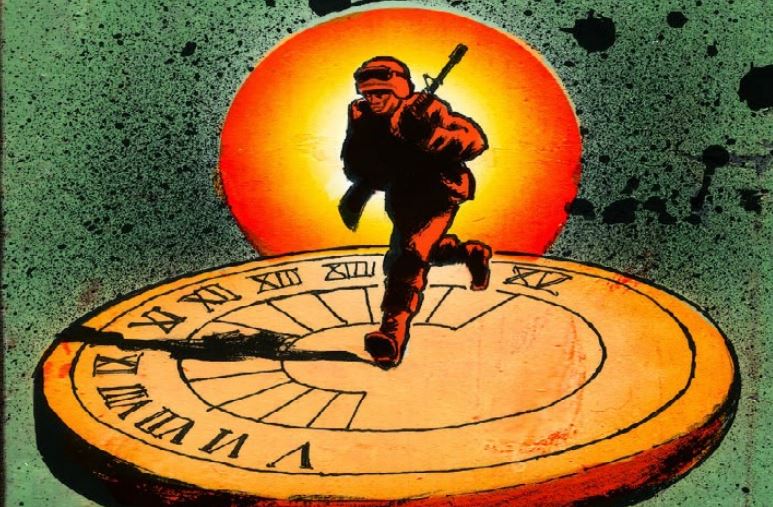The current geopolitical climate in the Middle East is increasingly precarious, with tensions between Israel and Iran escalating dramatically. As Israel prepares for a potential retaliatory strike against Iran following a recent missile attack on October 1st, the ramifications of such actions could spiral into a full-scale war. This conflict looms large, often overshadowed by the noise of domestic issues in the U.S., such as the upcoming presidential election. However, the stakes are extraordinarily high, suggesting that an Israeli attack on Iran would irrevocably alter the dynamics of international relations in the region, possibly drawing in other nations and leading to broader hostilities. This scenario presents an urgent need for international attention, as the countdown to conflict appears imminent.
Reports indicate that U.S. officials anticipate an Israeli strike on Iran may occur before November 5th, aligning with political sensitivities in the U.S. following the attack from Iran. Although Israeli decision-making appears centralized around their own strategic objectives, external factors like U.S. political ramifications are undeniably part of the calculus for Prime Minister Benjamin Netanyahu. The perception that the U.S. presidential election might influence Israeli actions demonstrates the intertwining of foreign policy and domestic politics. The military plans are purportedly finalized, with specific targets already identified, indicating that action is not a distant prospect but something that could transpire very soon—specifically by late October.
In a recent development, Iran’s leadership has firmly warned that any Israeli attack would provoke a significant and severe retaliation. Previous skirmishes have only escalated tensions further, with both countries bracing for a military showdown. Israel, seemingly unfazed by Iranian threats, continues its military operations targeting Hezbollah in Lebanon, exhibiting a pattern of aggression that could lead to a broader conflict involving Iran. It’s clear that the tactics employed in Lebanon are part of a larger strategy, suggesting a preparation for potential ground operations alongside existing aerial campaigns. This assertive military behavior contributes to an environment ripe for catastrophic escalations.
The violence in the region has already claimed tens of thousands of lives since the current war’s inception on October 7, 2023. Analysts warn that a full-blown war between Israel and Iran could result in millions of casualties, illustrating the potential for catastrophic humanitarian consequences. Both nations have been preparing for this confrontation for a significant period, illustrating a sense of inevitability in the conflict. The stakes are amplified by the religious and political zeal underpinning both nations’ strategies and responses, suggesting that this conflict will not simply be a regional skirmish but could have global implications affecting coalescing international alliances.
Current Israeli military actions and preparations signal an impending confrontation, leading many observers to believe that escalations are unavoidable. As military targets are engaged and defenses bolstered, the groundwork is being laid for a protracted engagement that could engulf the entire region. Assurances from both sides about their preparedness only serve to intensify fears about the escalation of hostilities. Every sign indicates that a decision point is nearing, heightening the urgency for diplomatic interventions that appear increasingly futile in light of committed military strategies.
As the situation develops, the global community must grapple with the impending reality of a war that could reshape the Middle East. The echoes of earlier conflicts combined with the unresolved grievances from the past amplify the dangers present in this situation. Individuals and nations alike must stay informed and aware of the potential for violence that extends far beyond the immediate region. The outcomes of this anticipated war are unpredictable, with the potential to alter alliances, redirect economic resources, and deepen enmities across nations. Moreover, as these tense dynamics play out, the world remains watchful, acutely aware that decisions made today could have consequential impacts for generations to come.

